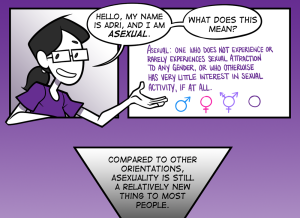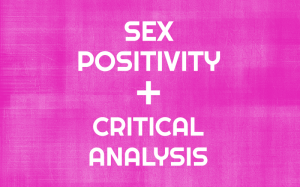
Credit: Safer Chemicals Health Families
Did you wash your hair with shampoo today? Put on lotion, makeup or deodorant? Is your cell phone in your pocket?
You’re probably wondering why I’m so curious about your morning routine. It’s because all of those things could be negatively impacting your health, especially your reproductive health.
The Facts
Mounting scientific evidence reveals that chemicals in our air, water and everyday products—from our sofa to our soap — are harming our reproductive health and fertility.
Early puberty, infertility, fibroids, endometriosis, reproductive tract abnormalities, premature menopause, gynecologic cancer, reduced sperm count, and prostate cancer are on the rise in the United States.
Experts have found that exposure to toxic chemicals is a big piece of the puzzle when it comes to reproductive health decline.
The Center for Disease Control and Prevention has found that almost everyone has some level of toxic chemicals in their bodies, but the impact and burden is certainly not shared equally.
Why This Is A Matter of Injustice
Low-income women, who are disproportionately women of color, shoulder far more than their fair share. They are much more likely to be directly exposed to toxic chemicals at work, at home and through their consumer products.
In turn, these women and their families are also more likely to experience health consequences like asthma, cancer and infertility.
Making the problem even more concerning is the fact that women of limited financial means are less likely to have access to health insurance or quality, affordable care to prevent or treat health issues that may have environmental causes.
Women of color are disproportionately represented in professions as farmworkers, nail salon technicians, and domestic and hospitality workers, where workplace exposure to toxic chemicals is frequent and severe.
Some people have the ability to shop their way out of the health problems that toxic chemicals may cause. They opt to shop at specialty health food stores and buy green, all-natural personal care products.
But safer and usually more expensive products are a luxury that low-income families do not have financial access to.
Compounding the issue is the fact that many products marketed to women of color, like hair relaxers and skin lighteners are some of the most toxic products around.
So What Are We To Do?
Learning about this issue can be stressful and scary. It may seem like you need a PhD in chemistry to be able to safely navigate the world as a consumer, but luckily that’s not the case.
There are simple things that you can do to protect yourself and loved ones from the harm of toxics as listed out in these links.
But while it’s wonderful that there are ways we can protect ourselves, this is not a sustainable solution.
The reality is that we need chemical policy reform to protect all people, especially low-income communities, from the health havoc being caused by toxic chemicals.
At first glance, it seems like a conspiracy theory that our government doesn’t protect us against chemicals that are known to harm public health and disproportionately harm communities at a socioeconomic disadvantage to begin with.
Unfortunately, it’s the truth.
There are 84,000 chemicals in commerce today, but only 200 of them have been tested for safety and only five have been regulated.
While we have a lot of evidence for a few chemicals that shows poor health outcomes, there are still thousands of chemicals that have not been tested for their safety.
The law that currently regulates chemicals, the Toxic Substances Control Act, has not been updated in 36 years and makes it nearly impossible for the Environmental Protection Agency to require testing or regulate chemicals based on adverse health effects.
The good news is that the Safer Chemicals Health Families coalition is working with Congress to reform chemical policy with the Safe Chemicals Act. This aims to repair the nation’s broken chemical regulation system and protect our health. To help pass this bill, you can contact your Senator.
Here are some other ways to get involved:
- Educate and mobilize your campus or community about chemical policy reform and the link between toxic chemicals and reproductive health with help from the Toxic Zombie Activism Toolkit.
- Learn more about chemicals of concern and how to avoid them from Safer Chemicals Healthy Families and Women’s Voices for the Earth.
- Read the guidebooks created by Black Women for Wellness about “going green” and naturally healthy hair.
- Go shopping with the help of the Good Guide or Safe Cosmetics Database.
These are just some ways to raise awareness and take action around the impact of toxic chemicals. What are some other ways? Please share in the comments!
Sara Alcid is a Contributing Writer for Everyday Feminism and is a young feminist living and working in Washington, DC as a reproductive health and justice advocate. Sara loves thinking, reading and writing about the socially and personally transformative power of feminism, queer issues, and women’s health. Follow her on Twitter @SaraAlcid.
Search our 3000+ articles!
Read our articles about:
Our online racial justice training
Used by hundreds of universities, non-profits, and businesses.
Click to learn more




















